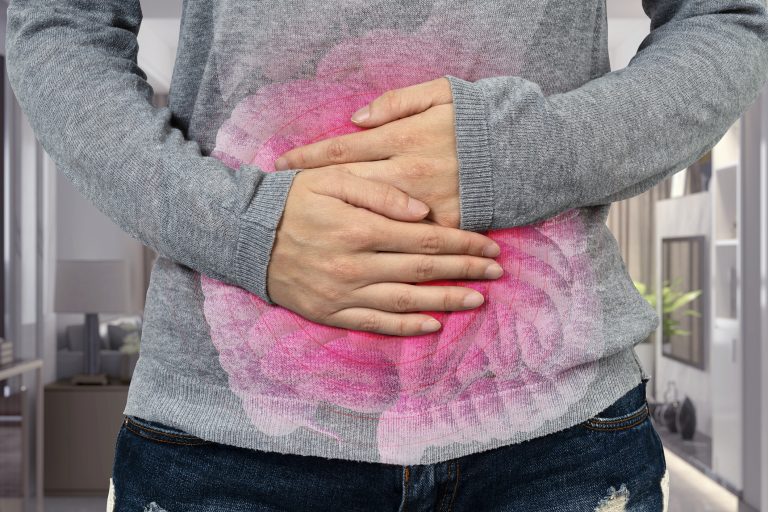
Harvard Medical School and MIT researchers have found clues to why people with autism often have gastrointestinal problems. Their findings, from mouse studies, suggest infections during pregnancy that produce elevated levels of Interleukin-17a (IL-17a) can alter fetal brain development and impact the maternal microbiome, essentially priming the newborn gut for future inflammatory attacks.
In four studies beginning in 2016, study co-senior authors Gloria Choi of MIT and Jun Huh of Harvard have traced how elevated IL-17a during pregnancy acts on neural receptors in a specific region of the fetal brain to alter circuit development, leading to autism-like behavioral symptoms in mouse models. This new research is published today in Immunity.
“We’ve shown that IL-17a acting on the fetal brain can induce autism-like behavioral phenotypes such as social deficits,” said Choi, Associate Professor in The Picower Institute for Learning and Memory and Department of Brain and Cognitive Sciences at MIT. “Now we are showing that the same IL-17a in mothers, through changes in the microbiome community, produces comorbid symptoms such as a primed immune system.”
The researchers caution that the study findings are yet to be confirmed in humans, but that they do offer a hint that central nervous and immune system problems in individuals with autism-spectrum disorders share an environmental driver: maternal infection during pregnancy.
“There has been no mechanistic understanding of why patients with a neurodevelopmental disorder have a dysregulated immune system,” said Huh, an Associate Professor of Immunology at Harvard Medical School. “We’ve tied these fragmented links together. It may be that the reason is that they were exposed to this increase in inflammation during pregnancy.”
The research team first injected pregnant mice with poly(I:C), a substance that mimics viral infection. Those offspring, but not the ones of mothers in an unaffected control group, exhibited autism-like symptoms, as expected, and also gut inflammation.
To find out when the altered immune responses were developed, the team next switched mouse pups at birth so that ones born to MIA moms were reared by control moms and ones born to control moms were reared by MIA moms. Pups born to MIA moms but reared by control moms exhibited the autism symptoms but not the intestinal inflammation. I contrast, pups born to control moms but reared by MIA moms did not show autism symptoms, but did experience intestinal inflammation. These results showed that while neurodevelopment is altered before birth, the immune response is altered postnatally.
But how do MIA moms have this postnatal effect on pups? The researchers examined stool from MIA and control mice and found that the diversity of the microbial communities were significantly different.
The team next raised a new set of female mice in a “germ-free” environment, meaning that they do not carry any microbes in or on their body. Then the scientists transplanted stool from MIA or control moms into these germ-free moms and bred them with males. Unlike with the controls, pups born to MIA-stool-transferred moms exhibited the intestinal inflammation. These results indicated that the altered microbiome of MIA moms leads to the immune priming of offspring.
Among the notable differences the team measured in the intestinal inflammation response was an increase in IL-17a production. IL-17a is the same cytokine whose levels are upregulated in MIA moms. When the scientists looked at T cells from MIA-microbiome-exposed offspring vs. control offspring they found that in MIA-offspring, CD4 T cells were more likely to differentiate into Th17 cells, which release IL-17a.
“Thus, increase in IL-17a in moms during pregnancy leads to susceptibility to produce more IL-17a in offspring upon an immune challenge,” Choi said.













